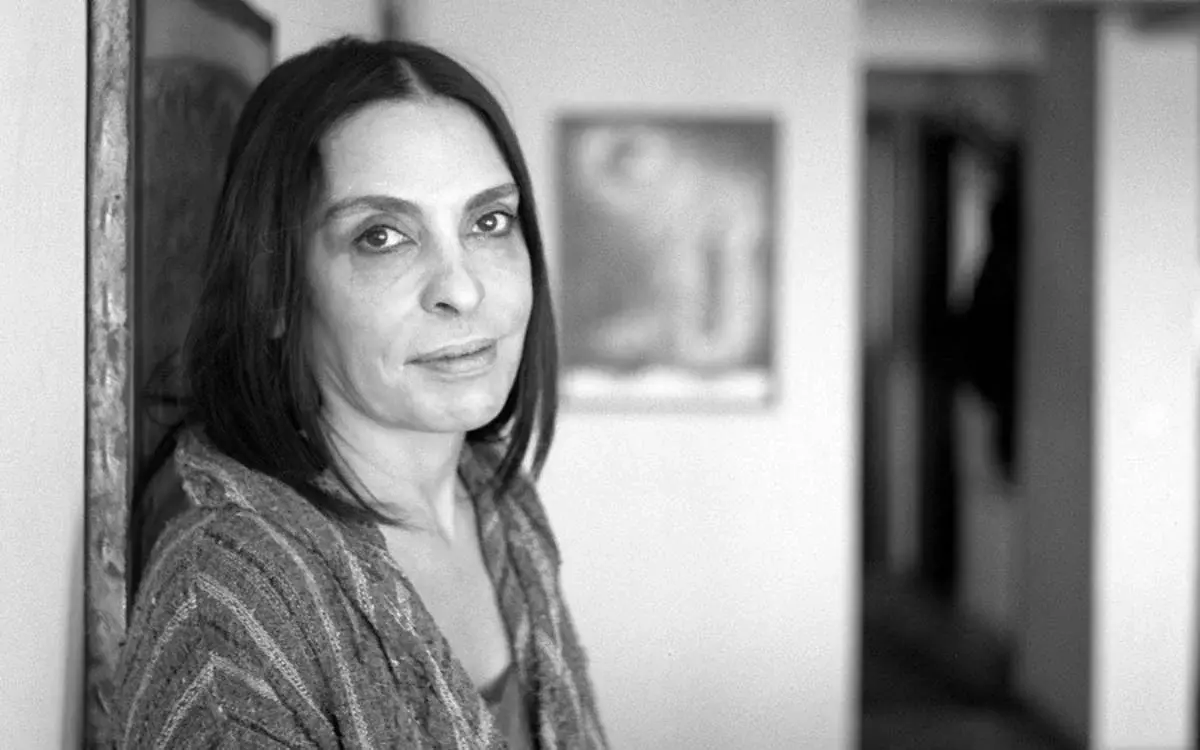Filmmaker, screenwriter, and producer Tomris Giritlioğlu, known for directing films such as Salkım Hanımın Taneleri (Mrs. Salkım's Diamonds) and Güz Sancısı (Pains of Autumn), has passed away in Istanbul at the age of 67. Giritlioğlu had been undergoing cancer treatment for some time before her death.
Giritlioğlu, who retired from Turkey’s state broadcaster TRT in 2002, is widely credited with pioneering the trend of period dramas in Turkish television and cinema.
In addition to tributes from numerous figures in the film industry, Culture and Tourism Minister Mehmet Ersoy expressed his condolences. “I learned with deep sorrow about the passing of Tomris Giritlioğlu, the writer, director, and producer of unforgettable works. May God have mercy on her soul. I extend my condolences to her loved ones and to the entire arts community,” Ersoy wrote on social media.

“Being a minority”
At a 2016 panel hosted by the Hrant Dink Foundation titled "The Difficult State of the Story: Domestic TV Series and Discrimination in Turkey," Giritlioğlu spoke candidly about her experiences. “Being a minority is not only about being Armenian, Greek, or Alevi. As a Muslim, I also feel like a minority. I’ve always tried to reflect the feeling of being a minority in my work,” she said.
Giritlioğlu also highlighted the challenges she faced while working in the television industry. She recalled how certain references to ethnic minorities were censored from her series Hatırla Sevgili (Remember Darling) covering three different periods of the country’s political history. “I realized that this country doesn’t like Kurds, doesn’t like Alevis, and definitely doesn’t like Armenians. They cut the line where Deniz Gezmiş mentioned the Kurdish people [in his last words before being executed],” she said, referring to the historical figure depicted in the show.
Despite the difficulties, Giritlioğlu stressed her commitment to creating the projects she envisioned. She gave examples from her series Kayıp Şehir (The Lost City), which featured a trans character, a lead actress portraying a sex worker, and a storyline involving a Muslim woman falling in love with a black man, which caused significant controversy. “I believe what we do is important,” she said.
She also shared how the words of a Russian director had deeply influenced her: “We, as Eurasian filmmakers, must tell the stories of our lands.” Giritlioğlu added, “Even though that phrase has stayed with me, we still face great obstacles when trying to combat discrimination.”
Early life and career
Born in 1957 in the Kadınhanı district of Konya, Giritlioğlu was the child of a family from Hatay. She spent the early years of her childhood in Adana. After completing the third grade, she continued her education at TED Ankara College. She later pursued higher education at Hacettepe University, where she graduated from the Department of English Language and Literature.
During her university years, Giritlioğlu became known as a "staunch revolutionary" and decided to pursue a career in directing. After graduating, she worked as a translator at TRT. In 1977, she married Aycan Giritlioğlu, then-head of the TRT news department, and the couple had a son, Ilgaz, born in 1980.
Following her time as an assistant in the Children’s Programs and Educational Culture Departments at TRT, she moved to the Documentary Programs Directorate, where she directed two documentary films titled Tabletten Belgesele (From Tablet to Documentary) and Beyoğlu. In 1988, she transitioned to the Drama Department at TRT and, in 1989, directed her first feature film, From Kanto to Tango.
In the following years, she went on to direct and produce numerous films, earning awards at prestigious festivals such as the Golden Orange Film Festival, the İstanbul International Film Festival, and the Ankara International Film Festival. (VK)






